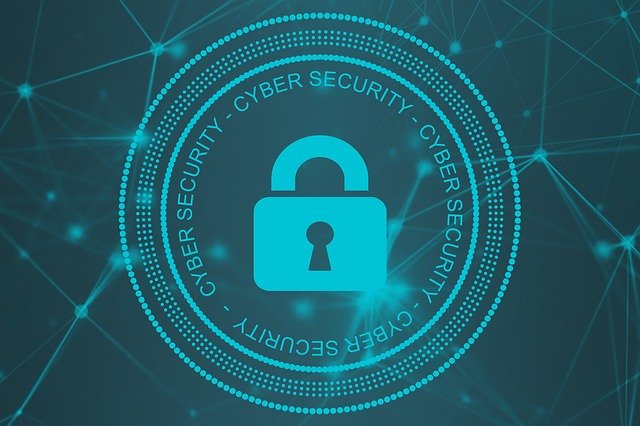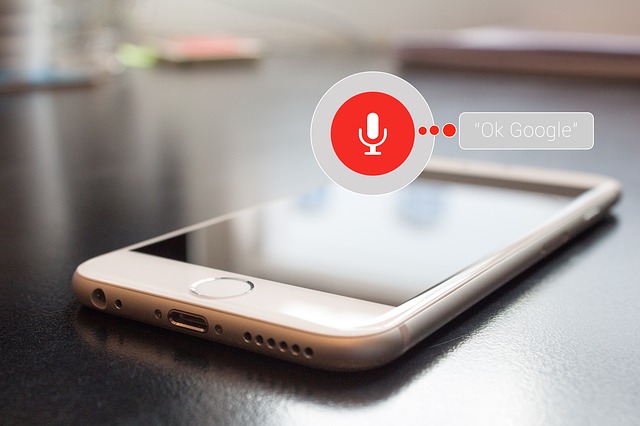Keep Your Data Secure This Christmas! 5 Tips for Cyber Safety
The holiday season is almost here and online activity is set to spike as users opt to browse from the safety and security of their own home. Online shopping has always been popular but e-commerce websites are expected to experience unprecedented consumer demand this year, due to the Covid-19 pandemic.
Whilst we go about preparing for the holidays, identity thieves and scammers are on the lookout for unsuspecting victims to take advantage of. Personal details, login credentials and credit card information is the kind of data that cybercriminals are constantly on the lookout for. In the wrong hands, this information can end up for sale on a dark web forum.
Luckily, armed with a little knowledge and our tips for cyber safety, you can browse safely online and rest in the knowledge that your data is secure.

1. Don’t fall for a phisher
Phishing is a common tactic used by cybercriminals in order to gain access to personal and financial information. In a phishing scheme, a scammer will impersonate a trusted company and attempt to trick an individual into handing over their data.
For example, you might receive an email from an e-commerce website, advertising a big sale. They might tell you that you are entitled to a big discount — if you just follow a link contained in the message.
Always be wary of these types of emails, particularly if the discount seems too good to be true. Too often, clicking the link will take you to a website that asks you to fill in your details which are promptly stolen by cybercriminals.
2. Credit cards are the way to go
Whilst many of us opt to pay for our online purchasing using a debit card, a credit card or third-party online payment system (such as Paypal) grants far greater consumer protection.
Many major credit card companies offer zero-liability protection, which will protect you from unauthorised transactions on your card. It is also a good option to set up a separate credit card for just online purchases. Should your details be compromised, the scammer will not have access to your entire savings account.
Whatever card you use, always remember to regularly review your statements for any suspicious activity.
3. Use a VPN
A VPN is a must-have internet security tool. What is a VPN connection? Well, it is a type of security software that encrypts the personal information you share online. Unsecured connections pose a risk to your privacy as anyone could be observing your activities — including scammers.
Knowing what websites you visit and the products you are thinking of purchasing often leads scammers to bombard you with targeted spam, directing you to malicious websites where they will try to steal your personal information.
4. Practise good password security
Never use the same login information for two separate websites. Should your credentials be leaked, cybercriminals will instantly have access to all of your online accounts.
Instead, consider using a password manager to store separate, secure passwords for each of your accounts. Ensure your passwords are strong, with a combination of upper and lower case letters, numbers and special characters and change your passwords regularly.
5. Avoid sketchy websites
Most of us can pick up on a dodgy website. Tell tale indicators include poor spelling, grammar mistakes, fake links and poor-quality images. A lack of customer service or contact information can also suggest that the website may be less-than reputable.
Only ever make online purchases on a website that is encrypted and secure. Check to see whether “HTTPS” appears in the URL — the “S” indicates that the website is protected by a SSL certificate. Look also for a little lock to the left of the URL, which indicates that your information (including passwords and card numbers) are kept private.
Installing virus protection software is another excellent way to protect yourself online. Anti-virus software has the capability to pick up on malicious websites and will warn you if your information is at risk.
The convenience of online shopping is hard to look past however the more time and money you spend online, the greater the risk of your personal data being stolen. With these tips for cyber safety, you can enjoy their holiday season without worrying about being a victim of online theft.



